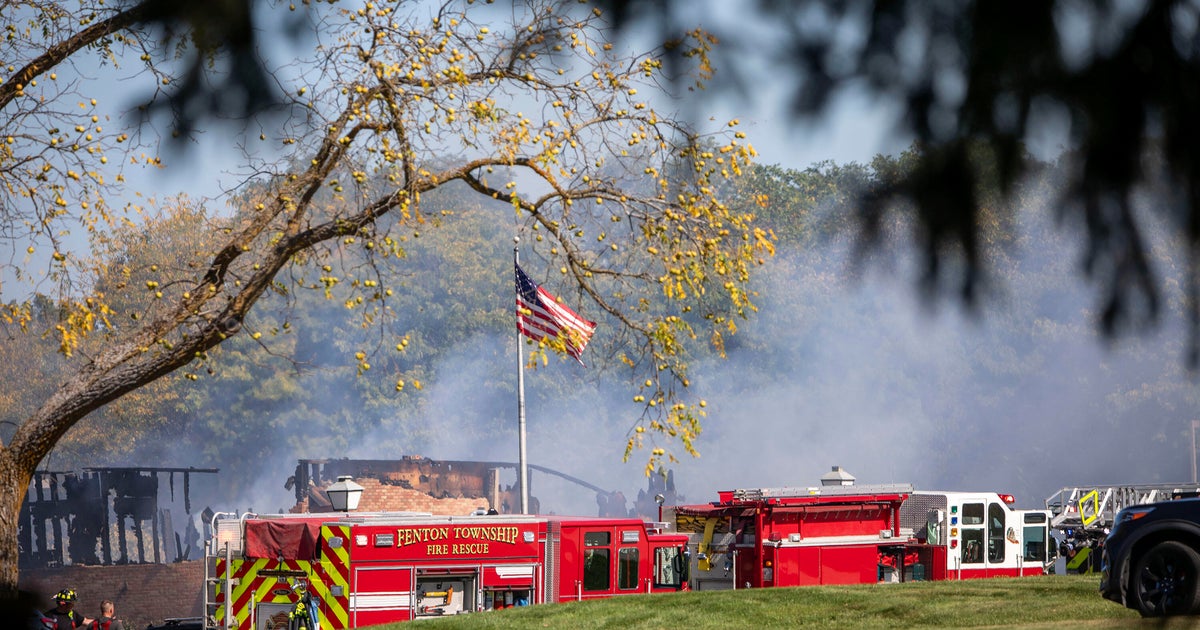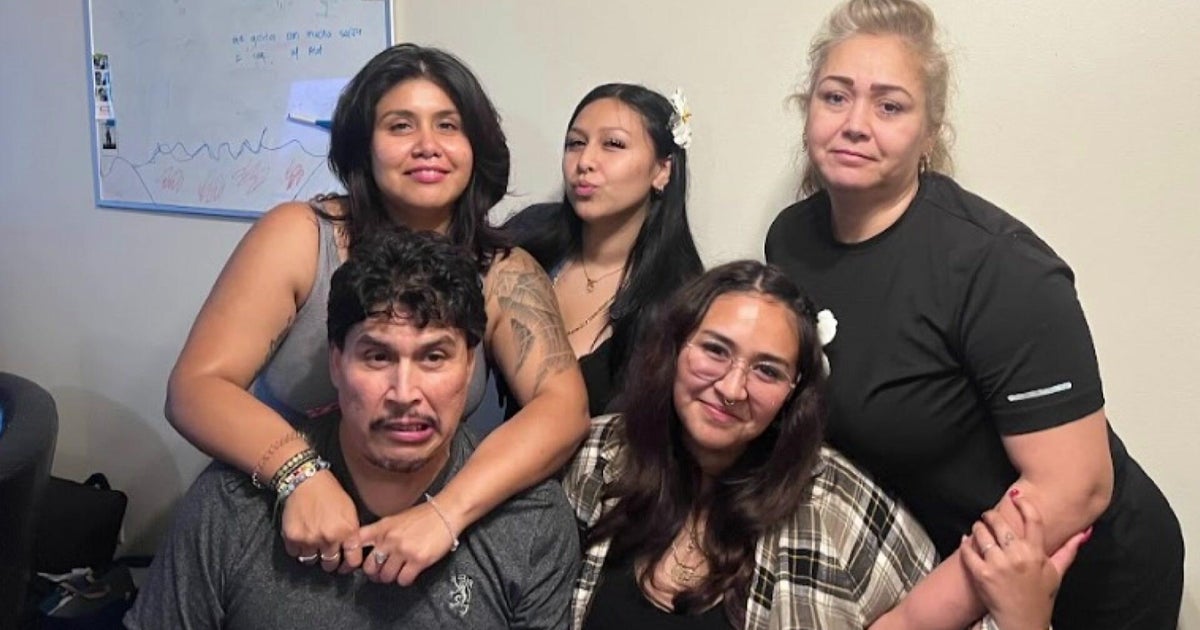California woman released by captors nearly 8 months after being kidnapped in Mexico
A Northern California woman who was kidnapped in Mexico last year while walking her dog has been found safe and is on her way back to the U.S. after being released by her captors, the FBI announced Saturday.
Monica De Leon Barba, 40, was released from captivity on Friday, the FBI said in a news release.
She had been held captive since she was kidnapped on Nov. 29 of last year while walking her dog home from work in Tepatitlán, Jalisco in western Mexico, federal authorities reported.
The FBI said that De Leon Barba, who is from San Mateo, California, is now on her way home. No arrests have been made, and the FBI is working with Mexican authorities to try and identify suspects. No further details were provided, and there was no word on a motive in her kidnapping.
"Our relief and joy at the safe return of Monica is profound," Robert Tripp, special agent in charge of the FBI's San Francisco Field Office said in a statement. "The FBI investigation is far from over, but we can now work this case knowing an innocent victim is reunited with her family."
Mexico has one of the highest kidnapping rates in the world, in part due to the organization and opportunism of Mexican criminal enterprises, according to research from Global Guardian, a security risk intelligence firm.
Earlier this month, three Mexican current and former journalists were abducted in the western Mexican state of Nayarit. One of the three was later found murdered, the second was later released, but the third journalist remains missing.
On Tuesday, three police officers were killed and 10 other people were wounded in an explosives attack in the Jalisco city of Guadalajara, local officials said.
One of Mexico's most notorious cartels, the Jalisco New Generation cartel, is based in Jalisco. In 2019, the Justice Department called it "one of the five most dangerous transnational criminal organizations in the world, responsible for trafficking many tons of cocaine, methamphetamine, and fentanyl-laced heroin into the Unites States, as well as for violence and significant loss of life in Mexico."
— Cara Tabachnick contributed to this report.







